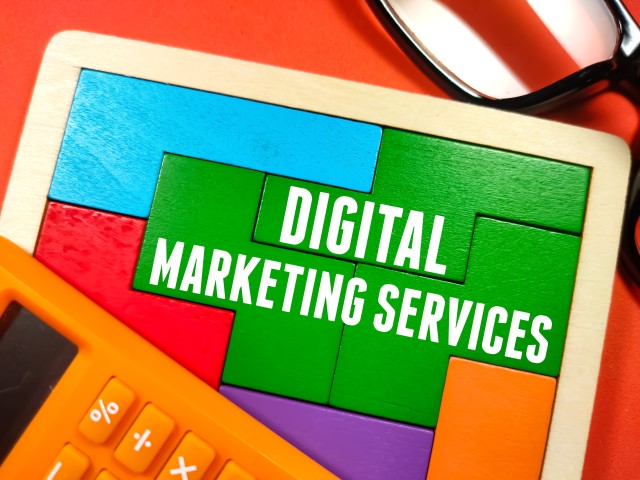Understanding Key Performance Indicators (KPIs)
To understand your digital marketing efforts, you need to know which Key Performance Indicators (KPIs) are the most important for your business. Measuring customer satisfaction and tracking online ad performance are two crucial KPIs that can provide valuable insights into the effectiveness of your marketing strategies.
When it comes to measuring customer satisfaction, you can use various metrics such as customer feedback surveys, Net Promoter Score (NPS), and customer retention rates. These metrics help you understand how satisfied your customers are with your products or services, and whether they are likely to recommend your business to others.
Tracking online ad performance is equally important. By monitoring metrics like click-through rates (CTR), conversion rates, and return on ad spend (ROAS), you can determine how well your online ads are performing in terms of driving traffic, generating leads, and ultimately, converting them into sales.
Evaluating Website Traffic and Engagement Metrics
Evaluating website traffic and engagement metrics can give valuable insights into the success of your online presence. By analyzing the bounce rate, you can determine the percentage of visitors who leave your website after viewing only one page. This metric helps you understand if your content is engaging enough to keep visitors on your site.
Tracking referral sources allows you to see where your website traffic is coming from, whether it’s from search engines, social media platforms, or other websites. This information helps you identify which channels are driving the most traffic and allows you to optimize your marketing efforts accordingly.
Analyzing Social Media Reach and Engagement
Understanding social media reach and engagement is crucial for maximizing your online presence. With the help of social media analytics, you can measure audience growth and gain valuable insights into your digital marketing efforts.
By analyzing metrics such as the number of followers, likes, comments, and shares, you can determine the effectiveness of your social media campaigns. These analytics provide you with a deeper understanding of your audience’s preferences and behaviors, allowing you to tailor your content to better resonate with them.
Additionally, measuring audience growth helps you identify which platforms are most successful in attracting and retaining followers. By regularly monitoring and analyzing social media reach and engagement, you can make data-driven decisions to optimize your online presence and achieve your marketing goals.
Optimizing Email Marketing Campaigns
By regularly monitoring and analyzing email campaign performance, you can identify areas for improvement and make data-driven decisions to optimize your marketing strategy.
One key strategy to employ is A/B testing. This involves creating two versions of an email, with different subject lines, content, or designs, and sending them to a small sample of your subscriber list. By measuring the open rates, click-through rates, and conversion rates of each version, you can determine which elements are more effective and refine your future campaigns accordingly.
Another important aspect of optimizing your email marketing is ensuring high email deliverability. This means taking steps to avoid being flagged as spam, such as using a reputable email service provider, regularly cleaning your subscriber list, and personalizing your emails.
Measuring and Improving Conversion Rates
To improve your conversion rates, focus on creating compelling call-to-action buttons that encourage users to take the desired action on your website.
One effective way to optimize your conversion rates is by implementing A/B testing strategies. By testing different variations of your call-to-action buttons, you can identify which design, color, or text resonates better with your audience and drives more conversions.
Additionally, optimizing your landing pages can also significantly impact your conversion rates. Ensure that your landing pages are visually appealing, have clear and concise messaging, and provide valuable information to your visitors.
Conclusion
So, now you have learned the importance of mastering the metrics and optimizing your digital marketing efforts.
By understanding key performance indicators, evaluating website traffic and engagement metrics, analyzing social media reach and engagement, optimizing email marketing campaigns, and measuring and improving conversion rates, you can make informed decisions to enhance your overall digital marketing strategy.
Remember to continuously monitor and adjust your efforts based on the data-driven insights you gather.
With a focused approach, you can achieve greater success and maximize the effectiveness of your digital marketing initiatives.
